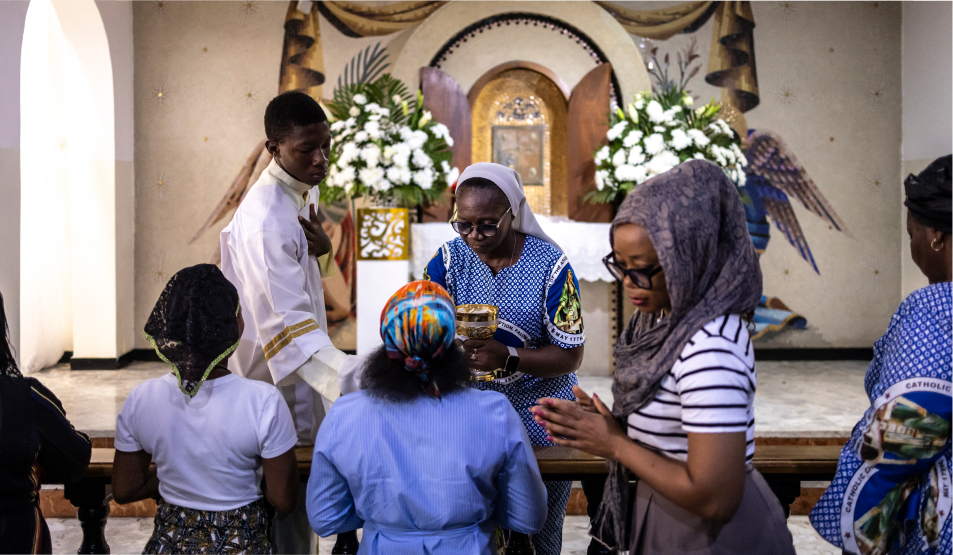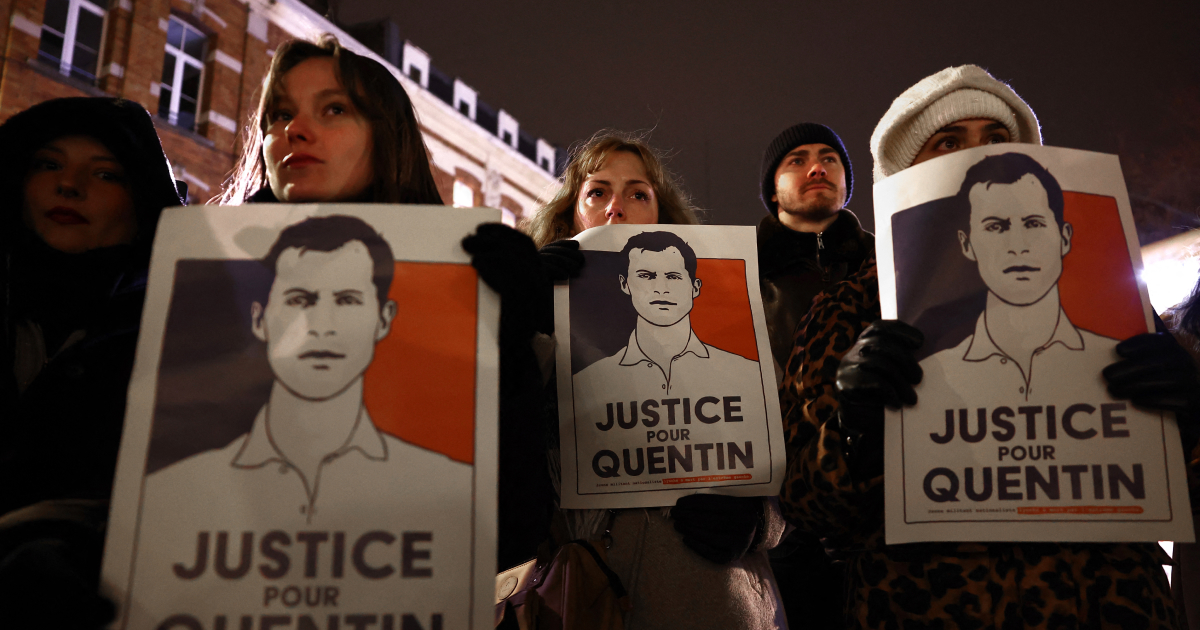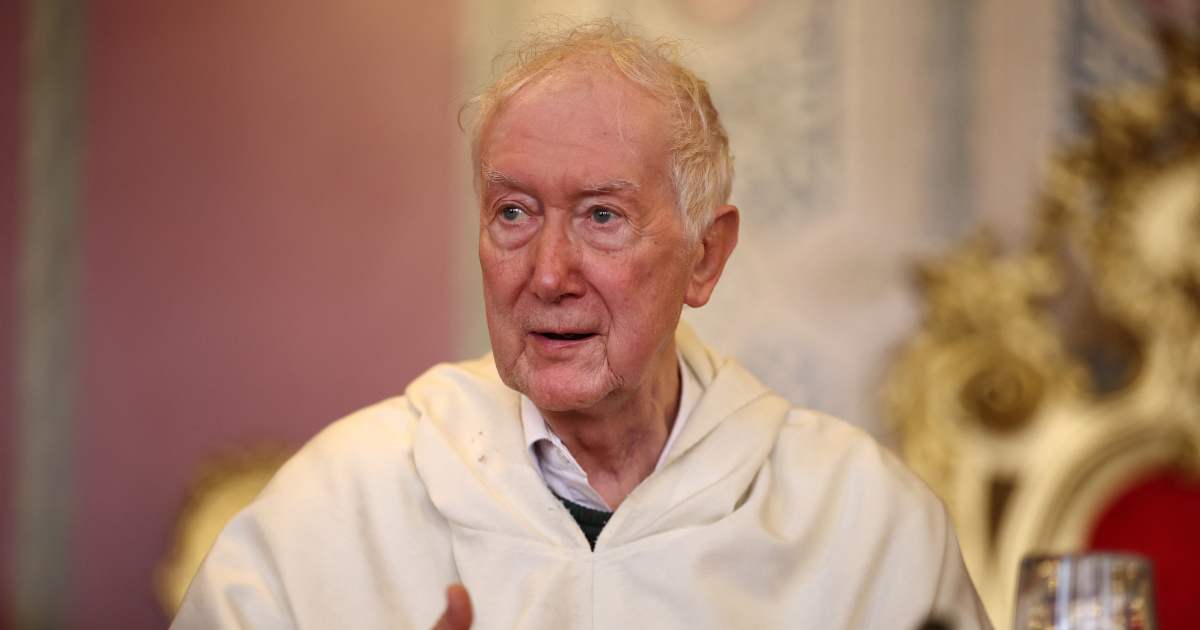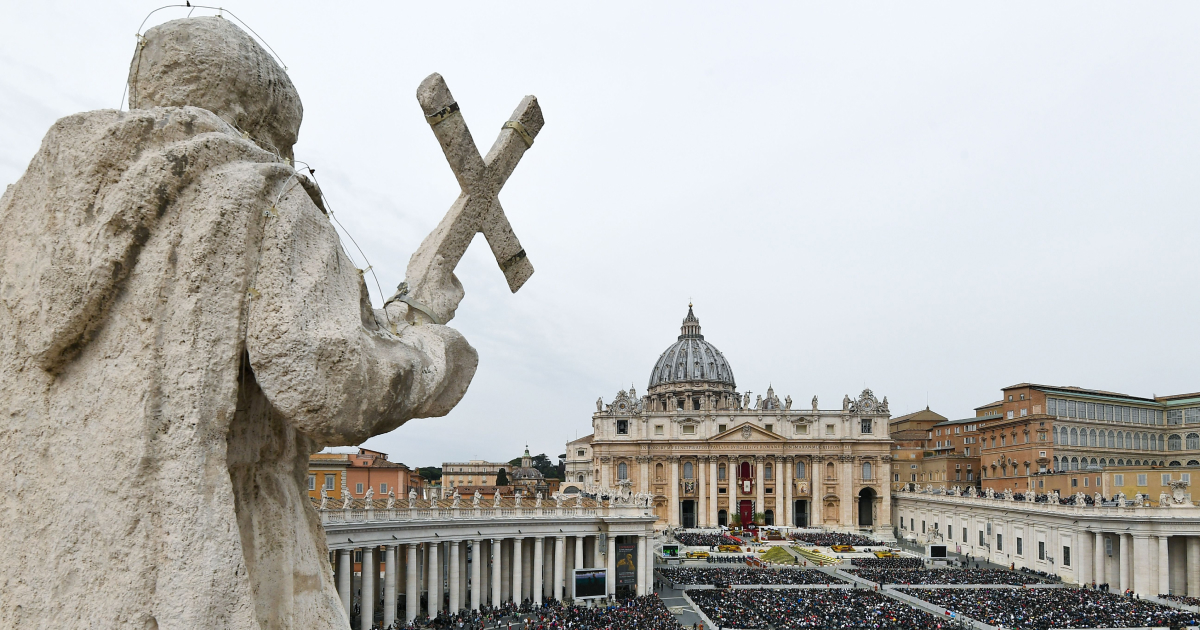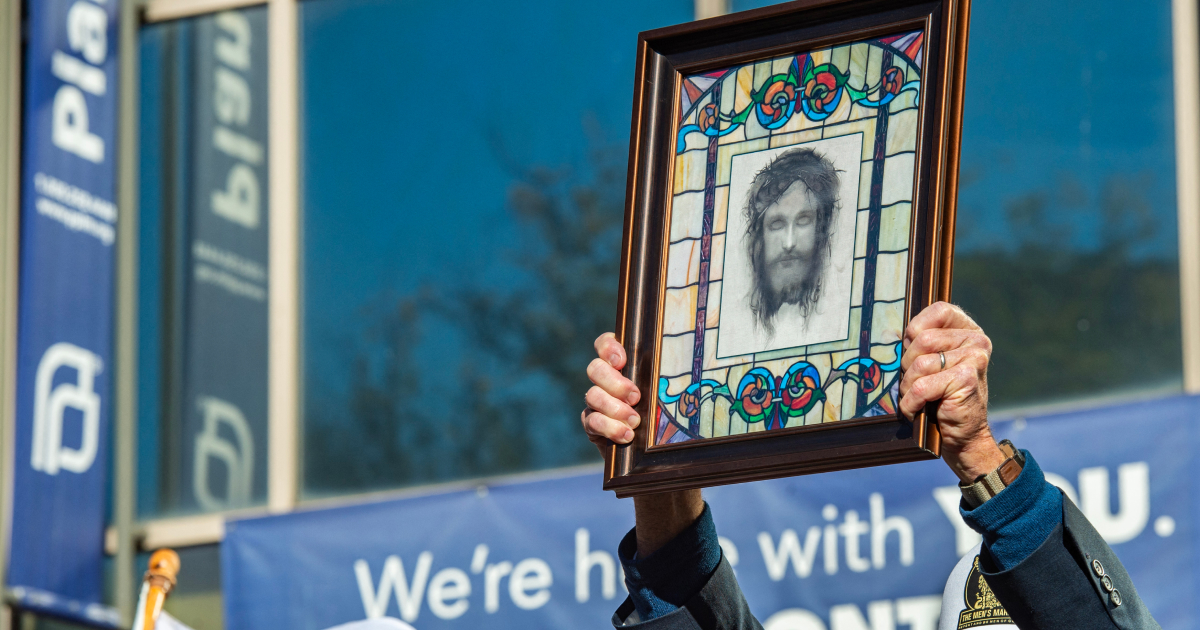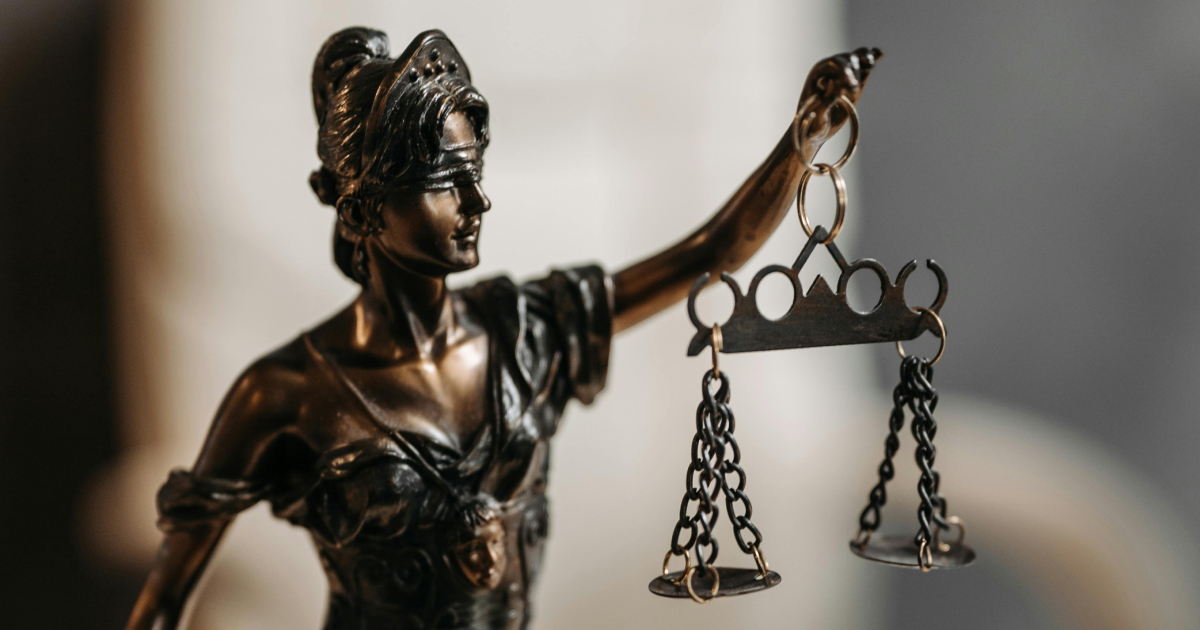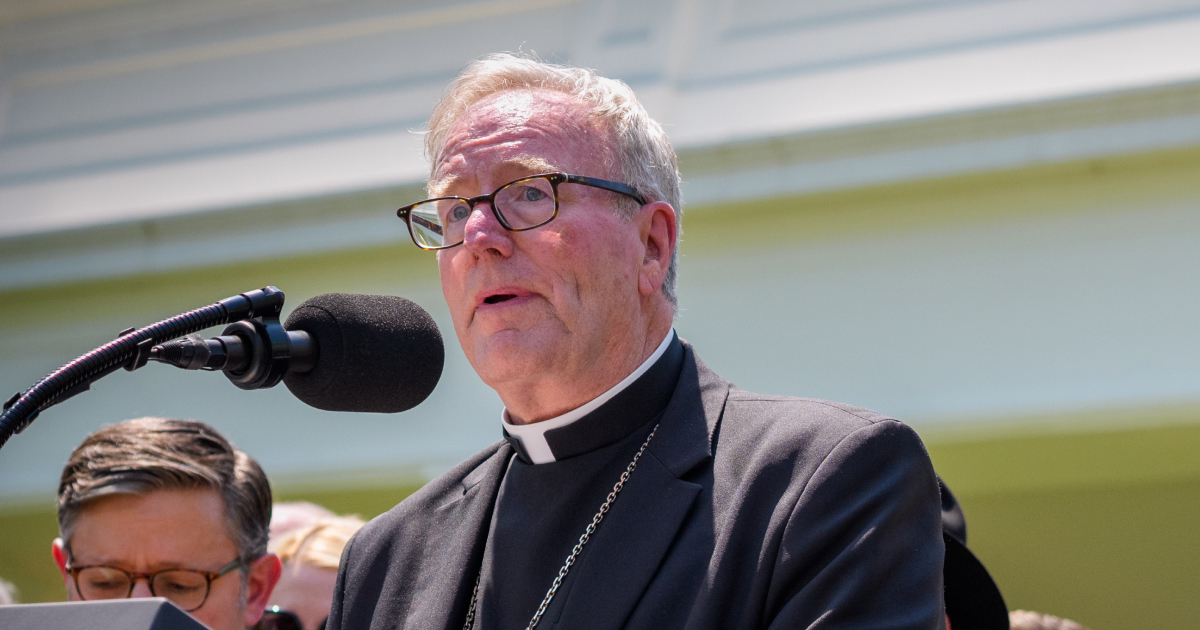Pope Leo XIV has warned of a deepening humanitarian crisis in Nigeria, urging its government to safeguard authentic religious freedom amid mounting scrutiny of the country’s spiralling violence and renewed claims of Christian persecution.
Speaking informally to journalists at Castel Gandolfo on Tuesday evening, the Pope said that both Christians and Muslims had been slaughtered in a conflict driven by terrorism and economic pressures.
“I think in Nigeria, in certain areas, there is certainly a danger for Christians, but for all people,” he said. “There is a question of terrorism. There is a question that has to do a lot with economics, if you will, and control of the lands that they have. Unfortunately, many Christians have died.”
His remarks come at a moment when the international spotlight has again tilted sharply toward West Africa. Just weeks earlier, Donald Trump reinstated Nigeria as a country of particular concern for severe violations of religious freedom, alleging mass slaughter of Christians and threatening military intervention unless Abuja acts decisively.
Trump insists thousands of Christians are being killed, warns that Christianity faces an existential threat in Nigeria, and has told supporters that if America intervenes, “it will be fast, vicious, and sweet, just like the terrorist thugs”. He has threatened to suspend aid and has said he has instructed the Pentagon to prepare for fast, vicious action.
Nigerian officials have dismissed Trump’s claims as false and despicable, insisting the violence targets Muslims, Christians and those of no faith alike. They argue that the killings stem from criminality, militia activity and resource conflicts rather than a campaign against any one faith.
However, the Catholic Herald has spoken to Christians on the ground who have described experiencing prolonged violence at the hands of jihadists. Orazagas Sov, who attends Full Gospel Revival Crusade in Benue State, told the Herald: “Christians are killed every day by Fulani jihadists, and the government isn’t doing anything about it. Trump should come for our rescue.” Similarly, Tersoo Anjila, also from Benue State, said: “I want to make it clear that this is jihad, it is an Islamist expansionist agenda.”
Fr Paschal, a priest of Nigerian descent who ministers in the Diocese of Brentwood, welcomed President Trump’s comments, telling the Herald: “It highlights an atrocious situation, bringing hope to the millions in suffering or fear of persecution.”
At the Vatican, Cardinal Pietro Parolin took a notably cautious line. Speaking at the release of Aid to the Church in Need’s Religious Freedom Report, he said the crisis was not a religious conflict, but rather a social one, for example disputes between herders and farmers.
He stressed that many Muslims in Nigeria are themselves victims and that extremist groups make no distinctions in pursuit of their goals. Yet critics argue that such positioning echoes Abuja’s preferred narrative and fails to account for the systematic targeting of priests, churches and Christian villages documented for more than a decade.
The advocacy group Observatory of Religious Freedom in Africa described the cardinal’s claim that the violence is not a religious conflict as a myth, pointing to data indicating that over half of civilian victims in certain Nigerian attacks were Christian.
The data underline the overall tension behind this. Aid to the Church in Need reports a severe and escalating wave of violence driven in part by Boko Haram and ISWAP. It notes that Christians have been the target of extrajudicial killings and abductions, even as Muslims also suffer heavily in regions where extremists operate.
Other investigations have recorded mass burnings of churches, the killing of clergy, and cycles of violence in the Middle Belt where Christian farming communities have repeatedly been overwhelmed. Yet it is also true that herder and farmer disputes, banditry and state fragility contribute to a wider crisis in which no community is untouched.
Aid to the Church in Need’s latest Religious Freedom Report highlights this, identifying a severe and escalating wave of violence largely driven by extremist Islamist groups such as Boko Haram and the Islamic State West Africa Province.
While acknowledging that violence affects Muslims too, the report states plainly that Christians have been the target of extrajudicial killings and abductions and that religious affiliation plays an important role alongside economic and intercommunal tensions.
Similarly, a report from Open Doors states that in 2024 Nigeria was the country with the highest number of Christians killed for their faith, with 3,100 Christians killed and 2,830 kidnapped that year.
While Trump’s rhetoric has added a political dimension, the UK government’s own 2019 Mounstephen Review, the most comprehensive independent assessment of anti-Christian violence ever commissioned by Whitehall, highlights the systematic assaults on Christian communities, concluding that Boko Haram’s campaign sought to eliminate Christianity and pave the way for the total Islamisation of the country, and warned that persecution in parts of Nigeria was approaching the international definition of genocide.
At the time, the Foreign Secretary, Jeremy Hunt, was unequivocal, saying it would be a mistake to overlook religious hatred as an important factor, adding that it is hard to avoid concluding that the gunmen who raided a church in Benue State, murdering two priests and seventeen worshippers, were motivated by anything else.
The Pope, by contrast, did not lean into the rhetoric of impending genocide nor into the Nigerian government’s insistence that there is no religious dimension at all.
His appeal was simpler and more rooted in Catholic social teaching, a call for cooperation, protection of minorities and the defence of conscience.
The crisis in Nigeria is not new. For more than a decade, insurgents have terrorised villages across vast stretches of the north and centre. What has shifted is the degree of global attention.
(Photo by OLYMPIA DE MAISMONT / AFP) (Photo by OLYMPIA DE MAISMONT/AFP via Getty Images)





